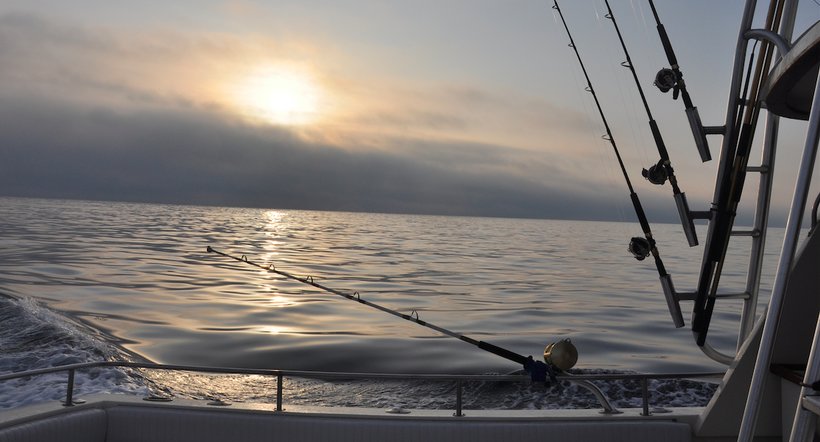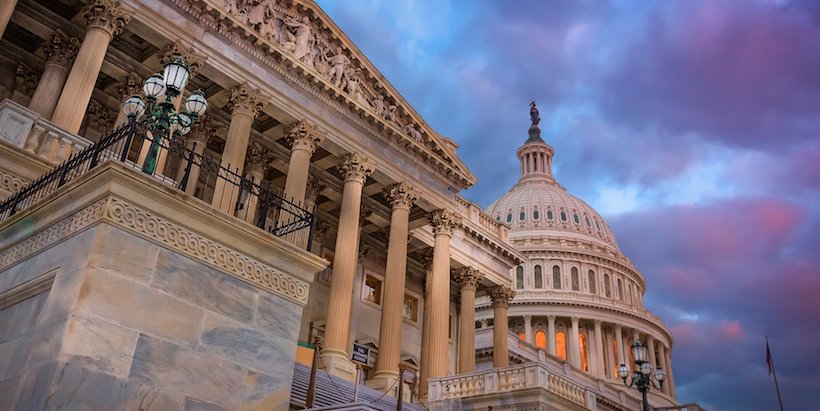
ORANGE BEACH, Ala. — A $1.1 trillion bill to fund the federal government through September flew through the House (316-113) and Senate (65-33) in mid-December, but the big-spending legislation only garnered support from two individuals in Alabama’s nine-member federal delegation. That does not mean, however, it did not include provisions that could prove to be extremely important to the Yellowhammer State.
One such provision inserted by Alabama Senator Richard Shelby (R-Ala.), who did not support the full bill but worked behind-the-scenes to advocate for Alabama’s interests, extended Alabama’s state waters to nine miles off the coast, up from the previous three mile range.
Orange Beach, Alabama, is known as the “Red Snapper Capital of the World.” But the federal government’s mismanagement of red snapper fishing off of Alabama’s Gulf Coast has resulted in the massive industry being strangled.
The National Oceanic and Atmospheric Administration (NOAA), a federal agency, is tasked with regulating the stock of red snapper in the Gulf of Mexico. Unfortunately, in spite of their enormous budget — which comes in at just shy of a billion dollars — their system of measuring the red snapper stock has proven to be woefully inadequate.
Rep. Bradley Byrne (R-AL1) pointed out during a congressional hearing that a local college professor from Mobile had better testing equipment than the NOAA.
“You have $900 million and you can’t give us any better count of the fish stock than what you’ve told us today?” Byrne asked, to which a NOAA staffer responded that they do the best they can.
According to local South Alabama fisherman, the “best they can” has not been cutting it — not by a long shot.
For instance, the federal system estimated that 1,000,041 pounds of red snapper were landed in 2015, while the Alabama system estimated that just 418,000 pounds were landed. As a result, the thousands of private recreational fisherman who fish for red snapper off the Alabama Gulf Coast were only allowed to do so for nine days out of the entire year. If the local numbers are more accurate — and experts say they are — the red snapper season should have been roughly twice as long as it was. This is a big deal, considering every additional day the fishery is open for harvest means millions of additional dollars being pumped into coastal Alabama’s economy.
Additionally, Byrne pointed out that NOAA excludes Alabama’s artificial reef zones when measuring the red snapper stock. That’s particularly troublesome because red snapper are reef fish, meaning the NOAA sample is very likely to drastically underestimate the number of red snapper in the Gulf waters.
While this may seem like a local issue that does not impact the rest of the state, Chris Blankenship, the Marine Resources Director of the Alabama Department of Conservation and Natural Resources, estimates that saltwater fishing in Alabama has a $727 million economic impact on the state as a whole.
The state’s conservation department has relentlessly pushed for legislation to improve red snapper management and increase angler access to the state’s valuable fishery resources, and the provisions Senator Shelby inserted in last year’s spending bill were a huge step.
“The federal government’s continued mismanagement of the red snapper fishery has placed unnecessary barriers in the way of Alabama’s fishermen,” said Shelby. “That is why I have pushed for commonsense reforms in this year’s omnibus to ensure that the red snapper stocks are properly counted, that there is more local involvement in the process, and that Alabama’s state boundary lines are equitable with other states by expanding them from 3 to 9 miles.”
It has been a rare occurrence during President Obama’s tenure in the White House for a state to actually gain more control from the federal government, but that is exactly what happened in this instance.
Alabama’s fishing industry, and the state’s economy as a whole, will likely be better for it.












